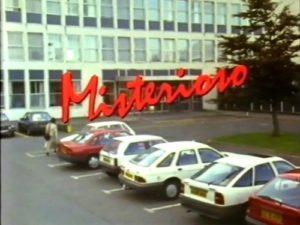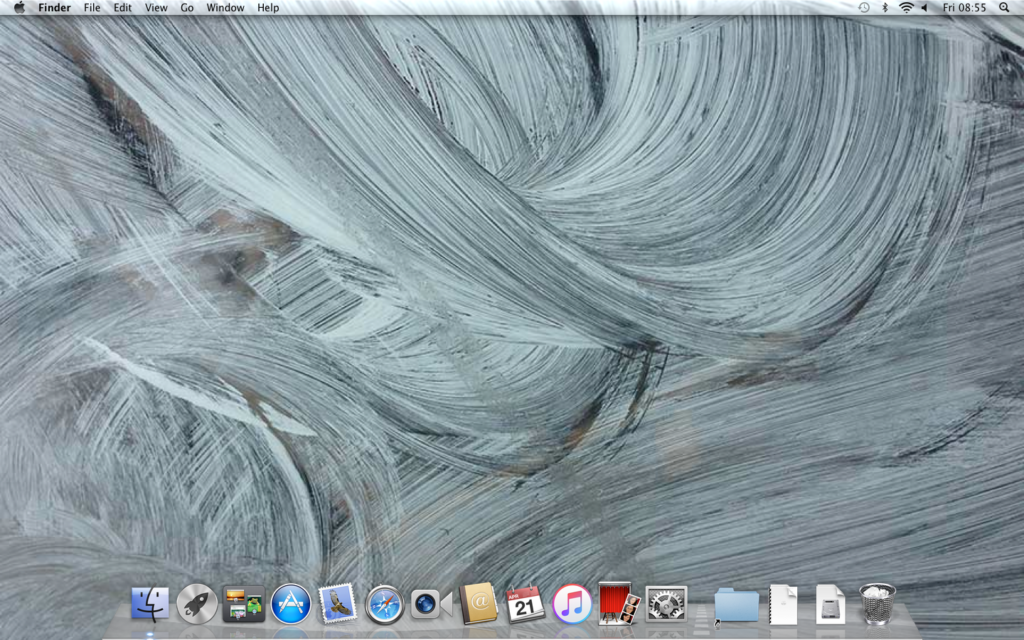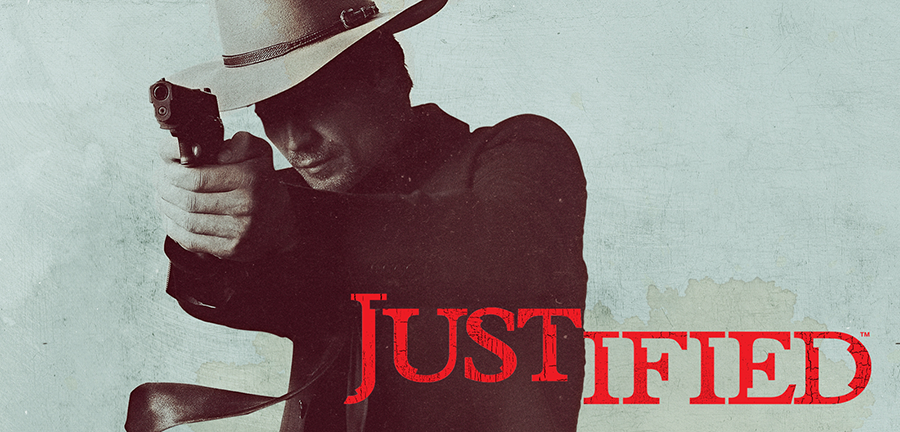To this day, one of the most exciting conversations I’ve had was at a university where a woman I was having cake with said one thing that totally changed everything. She said no.
Actually, she didn’t, but I was there on some gigantically contorted excuse solely to see her and I did strike out. But I’d already given up when we were talking about something that I felt strongly about and she disagreed with. She explained why, in a single sentence. That sounds rude but it was perfectly polite, fine, reasoned, it just only took a single sentence because it was something quite simple.
She was entirely right and I was entirely wrong. Up to that minute, I’d thought one thing, from that instant on it was impossible to not think the opposite.
God, but I loved that. That was exhilarating.
So could you please explain to me why I’ve been fighting something similar for pretty much my entire writing career?
This is what I have always believed and would like to continue believing and in my heart think I am about to betray a truth. You should write unplanned. Write to see where you go. Write to explore. And yes, you’ll write bollocks but that’s just the price you pay: if you have to throw away 90,000 words, what does it matter if the 10,000 left are great?
I’ve never said I couldn’t plan in advance, that I couldn’t outline. My first book contract required a detailed outline – and later I had to go through some hoops because I found material in my research that meant changing the outline drastically – and my second publisher needed to be able to estimate how much time a copy editor was going to need.
Doctor Who audio dramas go through various stages before you get to script and they’re all plans, all versions of outlines, effectively all treatments. Treatments are so dull. The only thing worse than reading a treatment is reading what James Cameron calls a “scriptment”. He says that’s half a treatment, half a script, and I swear to you it is all unbearable.
I once read a treatment by Alan Plater that was stunningly, shockingly boring – until the last line, where he’d written something like: “So can I go write the bloody thing now?”
I’ve done post-mortem outlines before. Written the script and then reverse-engineered an outline for producers who won’t read scripts. It was never worth it and I think because my scorn shone through the whole process.
Again, I’ve said this before and yet I’m fighting it. I have heard every argument in favour of outlining that there can be and I’ve found them all unconvincing. Except one.
I can’t remember now which producer it was who said this to me but it was the first completely undeniable argument I’d heard. I was right back in that cake shop with Claire because it is simple and I cannot disagree with it.
“You can’t have a blank screen on BBC1 on Tuesday night.”
That’s all.
I am deadline-oriented. Most of my work comes pre-loaded with deadlines and my way of exploring on the page while hitting those deadlines was just to work harder and for longer hours.
But there was always the possibility of failure: there’s no question that I would fail to deliver but there was every chance that I would fail to deliver anything worthwhile.
In television, that just can’t be allowed to happen. So television writers will plan and they will outline and if you want to work in that game, that’s what you’re going to do.
I’m not in that game. I got fired off the only TV drama I’ve worked on. But I do want to be in that game and the one-hour television drama is to me what the concept album or the three-minute pop song is to some. So a while ago I decided to try doing it their way.
Just take the characters that were obsessing me at the time and write the script in this planned, organised way. Full disclosure: I was highly impressed by the treatment for episode 1 of The Good Wife.
That is a nice piece of writing and it was written for no one but a few US TV network executives. They liked it too and because of that, three months later we got the script.
Writers Robert King and Michelle King did that. I only really know their work from this one series but I am agog at how great that show is so if they can it this way, I’ll give it a go.
Only, I’ve been a bit pressed for time. My seventh non-fiction book this year came out a couple of weeks ago. (None are very long books and five of them are compilations of non-fiction articles written over the last 20 months. Though four of those five became best-sellers in the States. What did I do wrong on the fifth?) So this is how it went:
2014 Thought of an idea called Alibis. Did nothing.
2015 Thought about the idea. Did nothing except change the title to Vows.
2016 February, got on a pitching workshop run by Liv Chapman at Writing West Midlands
You had to have a project to pitch or there was no point doing that workshop. So I puddled about with the idea, renamed it Vows, wrote a few thousand words of notes in order to create a pitch of about two minutes duration.
What I learned at that pitching workshop obviously helped me with pitching the idea but, as I’ll bet money Chapman knew all along, also helped me improve the idea that I was pitching.
Still, that was February.
Some time between then and April, I ignored my plan and ignored plans and wrote some script. I’ve never looked at it since.
In June I spent a day making notes on my favourite characters in the piece. Didn’t write script.
But then I’ve been involved in a project where at one point it looked like today was going to be the start of a thing. Literally today, as I write this. As it happens, it’s delayed but about a week ago I was sure it was happening and if it did, it would be the start of work that would be overwhelming for some time and I’d not get any chance to write this script.
So on Tuesday I wrote an outline. Some 3,000 words of every idea I had bubbling and every detail I had of these characters and the utter hell they’re heading for.
It was an outline, I can’t deny it. I even wrote it in an app called OmniOutliner. (Which is very good, by the way.)
That was Tuesday. On Wednesday I opened up Scrivener on my iPad and swiped to make it three-quarters of the screen with OmniOutliner in the fourth quarter. And I wrote 21 pages of script.
I was an unbearable puddle of exhaustion afterwards: you wouldn’t want to know me. I was also weirdly dehydrated but that’s another story. But I was also a bit smug: my previous record under deadline pressure was 20 pages of script per day.
On Thursday, yesterday, I wrote 28.
These were 12-hour writing days, 5am to 5pm, but in two days I’d written 49 pages of script and actually, that’s it. Complete.
Now, I’m going to hate that script tomorrow. But today – I just reread it – I think it’s one of the best things I’ve written. Obviously a first draft, obviously much further to go, and I don’t know when I can do that now, but because I had put years of thought into the characters and because I’d put another 12-hour day into the outline, the script poured out of me like I was transcribing it off the screen.
I thought I’d confine myself by writing out the story in advance like this but along the way, some characters stood up and told me off. No, they wouldn’t do this, they’d do that. And this one had to be the one who did this other thing because of course it is going to hurt them the most. Several times during the writing I said “Sorry” aloud and did what the characters told me.
That’s the kind of psychosis that you get when writing unplanned. So maybe it isn’t the unplanning, maybe it isn’t something you get from exploring on the page. Maybe I’m just nutty all round.
My heart still stays explore, my head says okay, maybe outlines have a point. Let’s split the difference and go with my gut: whatever works for you, works for you. Whatever gets it on the page, do that.



 Shush, we’re in archive. It’s the
Shush, we’re in archive. It’s the 

